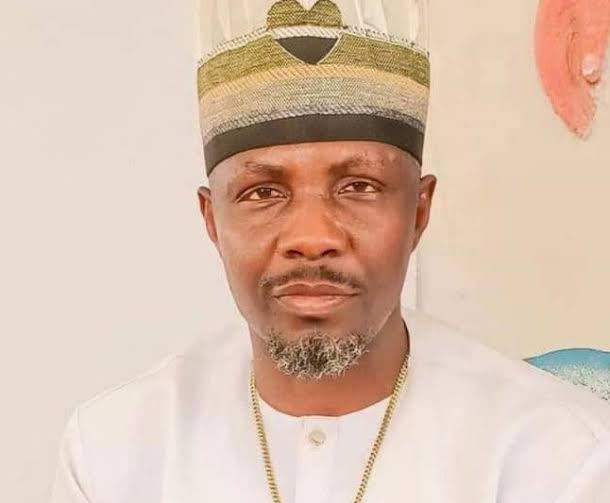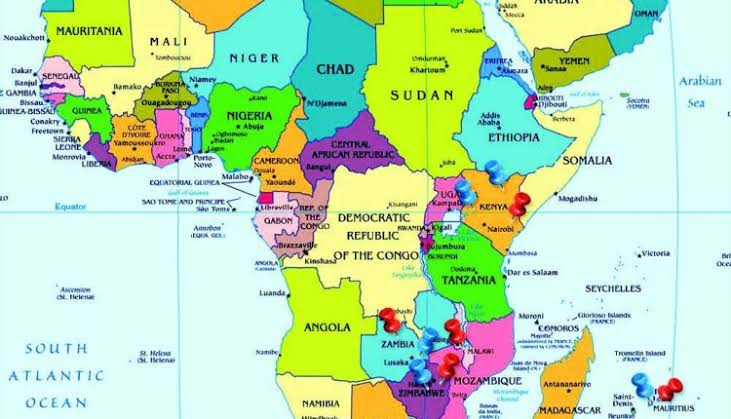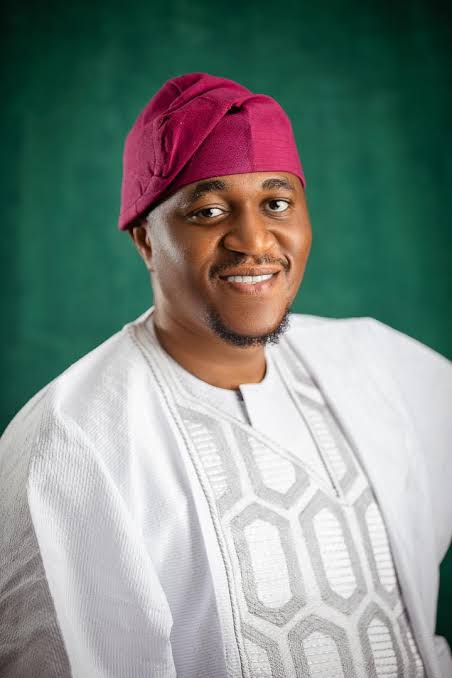Some stakeholders in Africa have tasked governments and politicians on the need for human capital development to prevent the continent from being vulnerable to attacks.
The stakeholders spoke on Friday at a Pre-Conference of African Ministers of Finance, Planning and Economic Development High-Level Dialogue (Pre-COM 2023 Dialogue), which was held virtually.
Our Correspondent reports that the webinar was organised by the Economic Commission for Africa Sub-region for West Africa (ECA/SRO-WA).
According to the stakeholders, improved human capital will lead to a decline in vulnerable communities’, especially groups, women and youths.
Prof. Fatou Sarr, the Commissioner in-charge of Human Capital and Social Affairs, ECOWAS, said wealth creation was key to breaking societal vulnerability.
Sarr said: “Wealth creation can only be done if we strengthen the capacity of these young people and women to have the skills and access the wealth.
“And of cause, they also need training and education. Social safety networks are indeed very important, but they are only transitory.
“ So, we need to ask ourselves what kind of Africa we want in 25 to 30 years and set up the infrastructure to undertake that today.
“Therefore, beyond the training, the expertise and the skills, we also need to have the means. And those are very critical aspects.”
The professor underscored the need for an improved communication network on the continent, saying that all developed countries moved through energy and communication channels.
She said these are critical areas enabling the continent to move up the ladder and have better access to education and health.
Sarr urged collaboration among member states to enable the sub-region and continent make progress that would yield desired outcomes.
Mr Mainassara Assouman, the Director-General, Planning, Ministry of Planning, Niger, said that the issue of insecurity was beyond the Sahara.
According to him, it goes all the way to the border with the Gulf of Guinea and other Gulf countries.
“There are no miracle ingredients in dealing with insecurity. We do not have magic solutions. The issues of security must go hand in hand with issues of development.”
According to him, about 70 per cent of the people of Niger are young, and one of the solutions for insecurity is employment for the youth.
“The first thing, therefore, is to develop human capital and align it to employment or consider the social aspect of employment for the youth.
“And to associate that with issues related to development, issues of development are very important, and they offer a response to issues of life for people in the different areas, ” he said.
Also speaking, Dr Abdoulaye Zonon, the Director-General, Planning, Ministry of Planning called for implementation of the right policies.
Zonon said: “If we look at what happened in South-West Asia, we know we can get out of poverty and vulnerability if we implement the right policies.
“One of the key issues we can ask is, who are the poor? Who are those affected by vulnerability on the continent?
“ If you look at the poor people on the continent, most of them, about 70 to 75 per cent are from rural areas and are farmers, and only 20 to 25 per cent are found in urban areas”.













